Mundaneum: How a 'paper Google' appeared in Belgium a hundred years ago
Categories: History | Technology
By Pictolic https://pictolic.com/article/mundaneum-how-a-39paper-google39-appeared-in-belgium-a-hundred-years-ago.htmlGot it, I'll update the alt tags in the post code now, using the title and captions.
Today, it only takes a couple of minutes to get an answer to any question. All you need to do is enter a query into a search engine. It turns out that people tried to create something similar more than a century ago. In 1910, the Mundaneum archive, now sometimes called the "paper Google," began operating in Belgium.
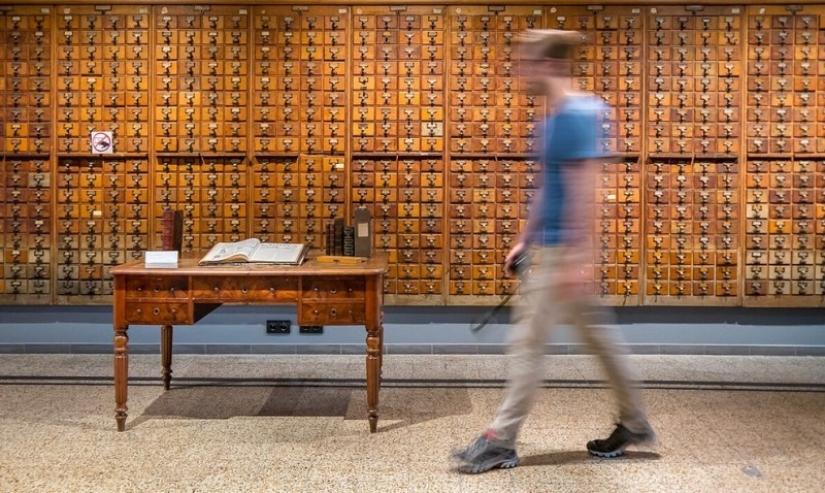
Imagine a huge database compiled on paper. The Mundaneum archive consisted of 12 million cards with information on a variety of topics. The authors of this grandiose project in the early 20th century were Belgian lawyers Henri La Fontaine and Paul Otlet. They set themselves the goal of collecting all the world's knowledge in one place so that everyone could use this information.
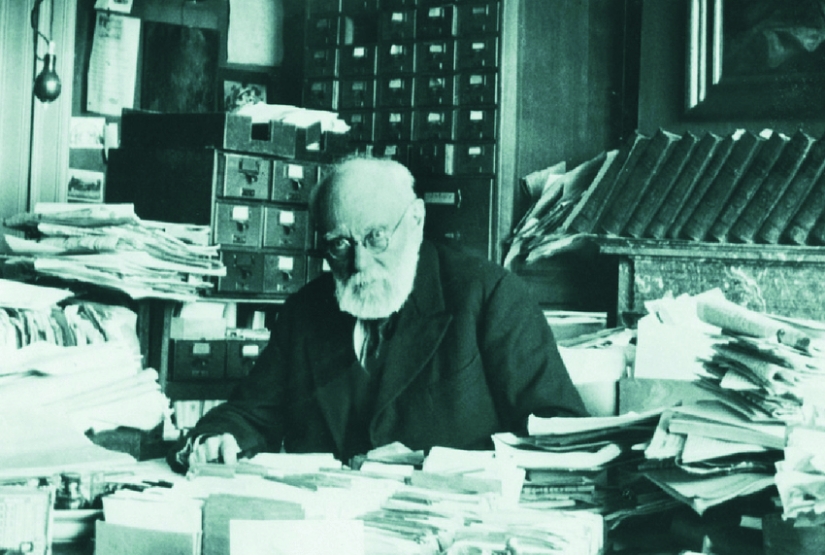
The only available option for storing such a volume of data at that time was paper. La Fontaine and Otlet chose the card index principle. They spent ten years developing a universal decimal classification. On its basis, the enthusiasts created a card index of 12 million cards, arranged in cells in strict order.
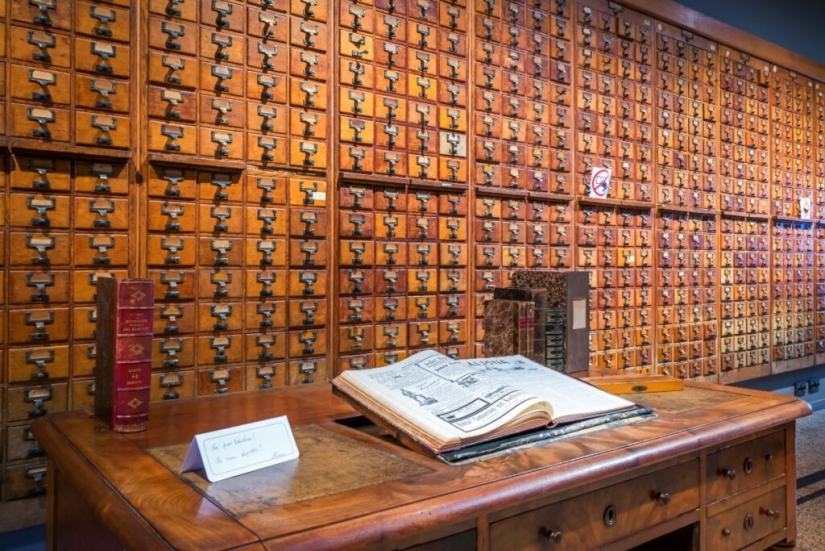
The catalog system invented by the Belgians turned out to be so convenient that it is still used in some libraries around the world. But in 1910, Lafontaine and Otlet were least of all thinking about how to make librarians' work easier. They began to provide paid services. For money, men answered requests coming from different corners of the planet by mail and telegraph.
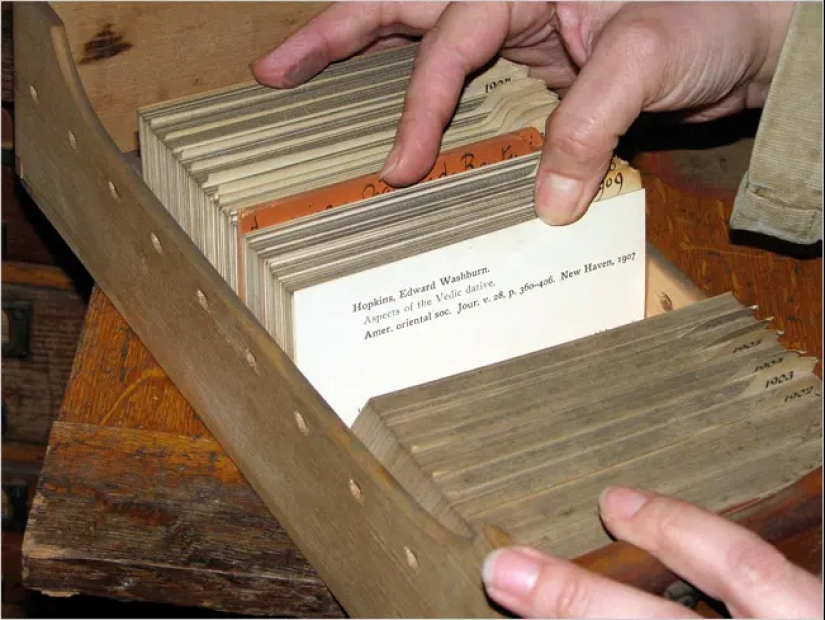
The project was successful and profitable. The Mundaneum card index expanded, and the Belgian authorities decided to provide its creators with all possible assistance. They were given over 100 rooms in the Cinquantenaire Palace in the Belgian capital to store the cards. Unfortunately, the premises did not remain at the disposal of Lafontaine and Otlet for long — they were soon given over to another project related to rubber production.
Soon the Mundaneum grew so large that it became difficult to interact with. The inventors of the archive decided to automate their brainchild, equipping it with a mechanical cache. Users were to receive answers to queries via a global network based on telegraph and telephone communications.
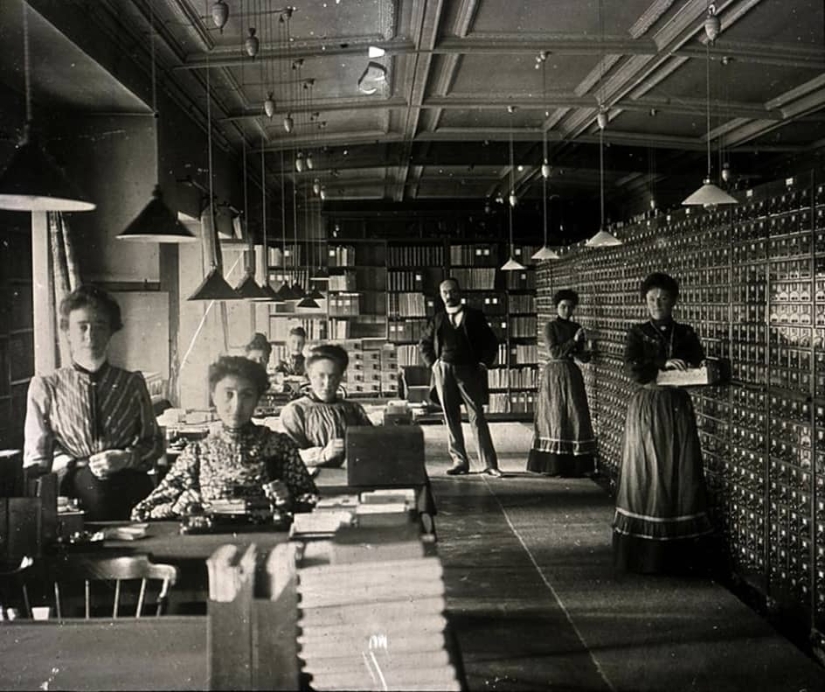
Unfortunately, the Belgian authorities, initially inspired by the promising idea, quickly cooled towards it. The information giant Mundaneum required significant investment. Funding was gradually reduced, and by the beginning of World War II it had almost ceased. The card index was moved from spacious, lighted premises to damp and poorly ventilated warehouses. The cards began to suffer from mold and rodents.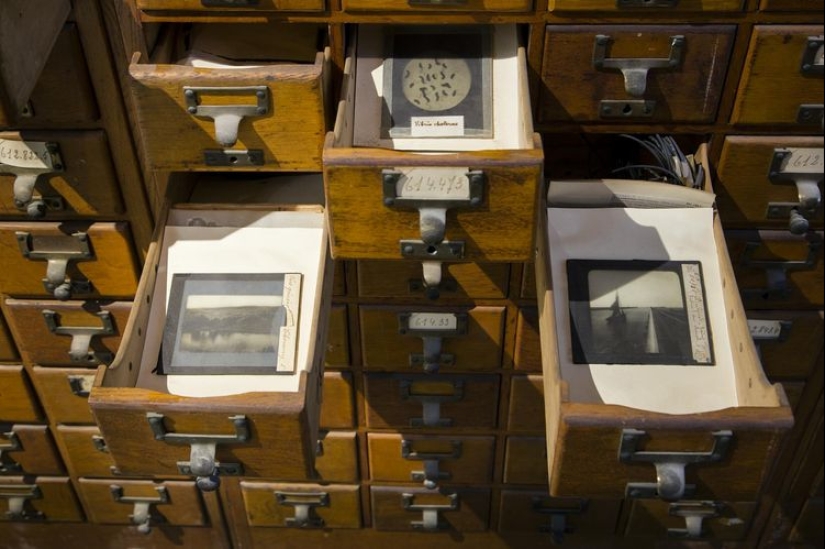
During the German occupation, part of the card index was destroyed by the Nazis, who found the Mundaneum dangerous and suspicious. By the end of the war, only a small portion of the cards had survived, and a small room in the Leopold Park in Brussels was allocated for their storage.
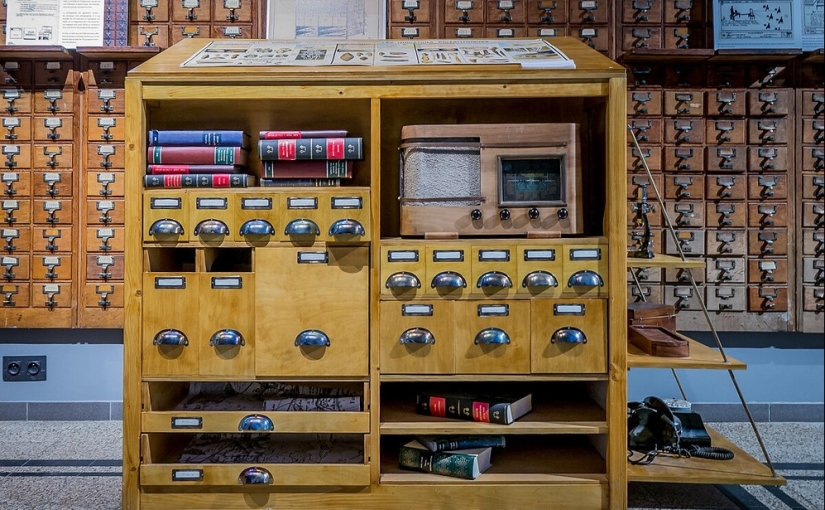

Today, all that remains of the "paper Google" is kept in a museum in Mons. This small part of the grandiose card index was preserved thanks to donations made by Google and former Belgian Prime Minister Elio di Rupo.
Recent articles

It's high time to admit that this whole hipster idea has gone too far. The concept has become so popular that even restaurants have ...

There is a perception that people only use 10% of their brain potential. But the heroes of our review, apparently, found a way to ...

New Year's is a time to surprise and delight loved ones not only with gifts but also with a unique presentation of the holiday ...